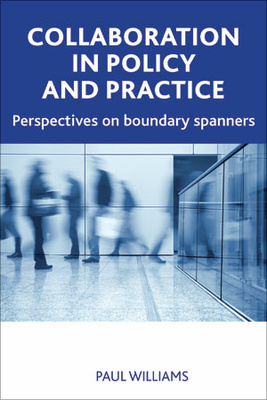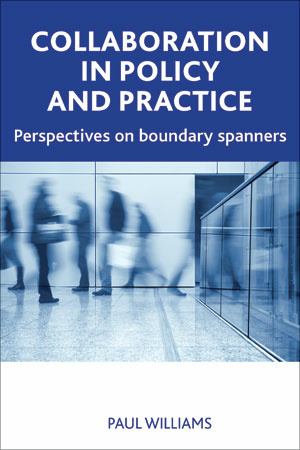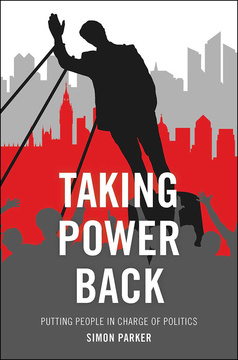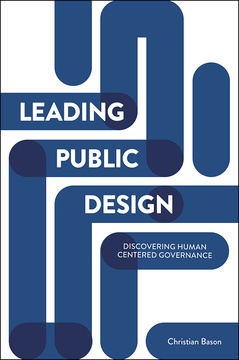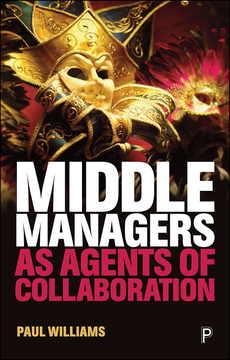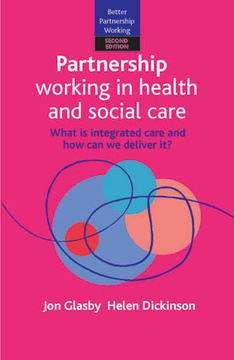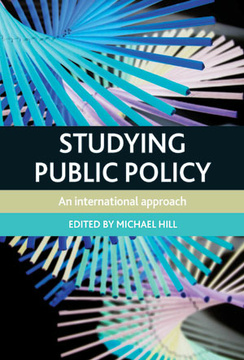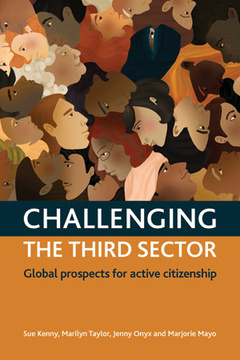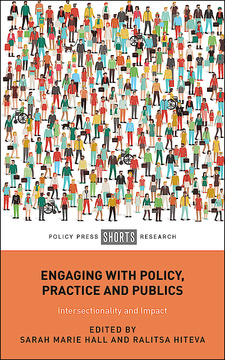Published
Jan 18, 2012Page count
208 pagesISBN
978-1847428479Dimensions
240 x 172 mmImprint
Policy PressPublished
Jan 18, 2012Page count
208 pagesISBN
978-1447300304Dimensions
240 x 172 mmImprint
Policy PressPublished
Jan 18, 2012Page count
208 pagesISBN
978-1447308119Dimensions
Imprint
Policy PressPublished
Jan 18, 2012Page count
208 pagesISBN
978-1447308126Dimensions
Imprint
Policy PressCollaborative working is an established feature of the public, business and third sector environments, but its effectiveness can be hampered by complex structural and personal variants.
This original book explores the influence of agency through the role of individual actors in collaborative working processes, known as boundary spanners. It examines the different aspects of the boundary spanner's role and discusses the skills, abilities, and experience that are necessary.
It will be of interest to academics, researchers and students interested in this field of study, and provides learning for policy makers and practitioners active in the fields of collaboration.
Paul Williams is a Reader in Public Management and Collaboration, Cardiff School of Management, University of Wales Institute, Cardiff. He has been involved in teaching for 10 years which has included formal teaching on accredited programmes and teaching on management development/leadership programmes primarily to a public and third sector audience. Since 2005 he has been lecturing on Strategic Management on MBA and Undergraduate Programmes. His teaching contribution at the Cardiff School of Management has primarily been focused on the strategic management core module of the MBA.
Introduction; Policy context: Intra and intersectoral collaboration; Structure and agency; The role and competencies of boundary spanners; Challenges in the boundary spanning role; Learning from the private sector; We are all boundary spanners now? Implications for policy and practice; Reflections and conclusion.







